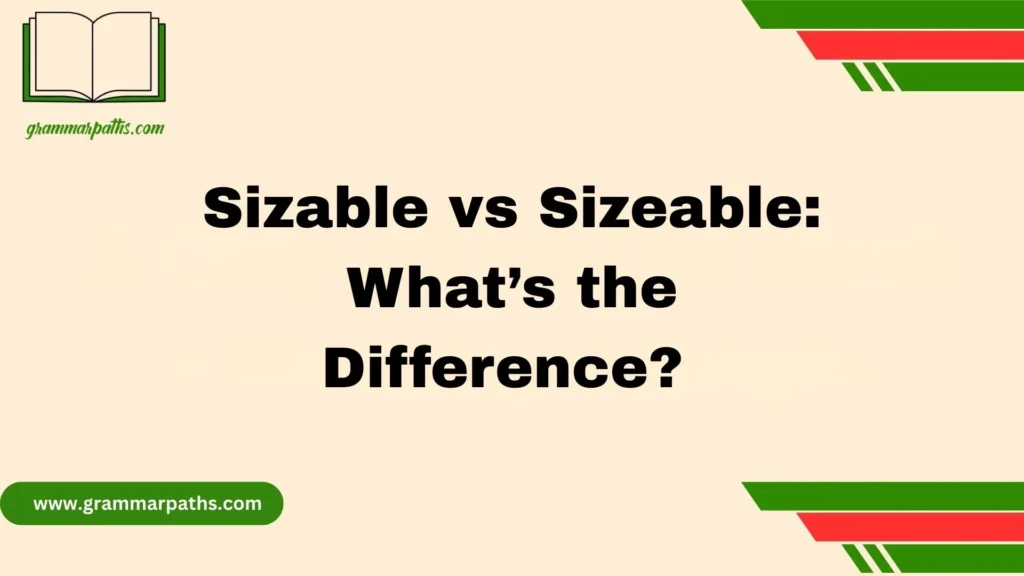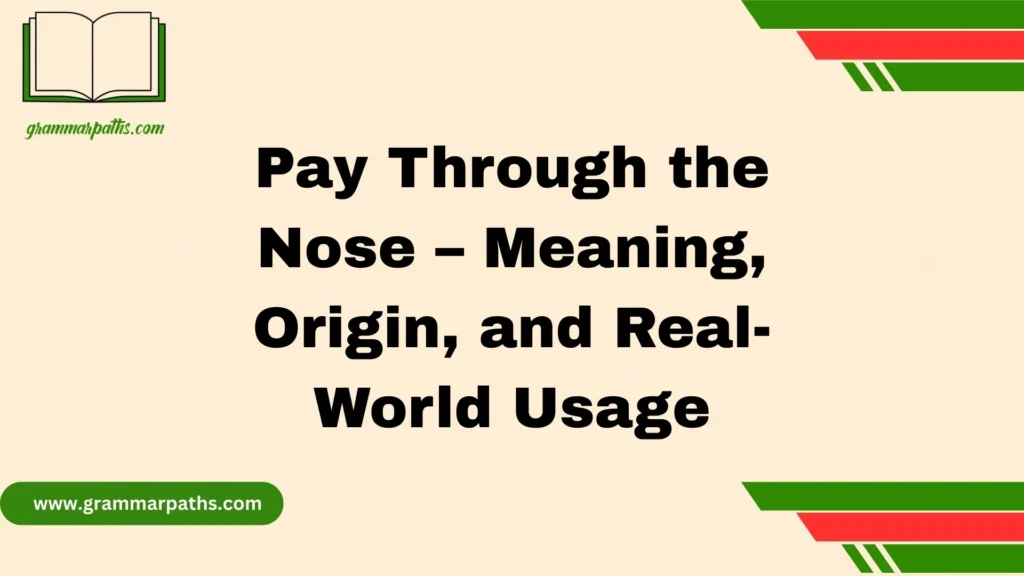To be “born with a silver spoon in your mouth” is more than just an old idiom—it’s a powerful metaphor that highlights economic privilege, inherited wealth, and the advantages of a rich family background. This phrase typically describes someone who was born into luxury, never had to struggle financially, and enjoyed the comforts of generational wealth from birth. Often seen as a symbol of entitlement, the term reflects how social inequality and family fortune can influence a person’s opportunities and lifestyle.
In today’s society, understanding the meaning of “silver spoon” helps explain the divide between the self-made individual and those who benefit from a privileged upbringing. Whether in politics, celebrity culture, or business, this idiom remains a way to question success and its roots—was it earned or inherited?
Many people today search for the origin of this phrase, curious whether being “born wealthy” is a blessing or burden. While the connotation of silver spoon may sound enviable, it often comes with public scrutiny and assumptions about a person’s character. Some view it as elitist or offensive, implying a lack of real-world experience or resilience.
Meanwhile, others see it as a simple description of someone’s financial starting point. Whether you’re exploring this idiom for a speech, essay, or to better understand social commentary, the phrase serves as a lens through which we interpret economic inequality, life advantages, and the unspoken power of privilege. From royalty and celebrities to business heirs and political dynasties, the concept of the silver spoon continues to spark debates about fairness, legacy, and the difference between fortune and merit.t.
What Does ‘Born With a Silver Spoon in Their Mouth’ Mean?
The idiom “born with a silver spoon in their mouth” means someone is born into wealth and privilege. It implies that the person didn’t have to struggle for resources, education, or opportunities — they inherited advantages from birth.
In everyday usage, it’s often used with a hint of criticism or envy, especially when someone’s success appears to stem from connections or family wealth, rather than personal effort.
Examples in Sentences:
- “He didn’t have to work his way up – he was born with a silver spoon in his mouth.”
- “She got into that Ivy League school thanks to donations, not grades. Classic silver spoon.”
Tracing the Origins: Where Did This Idiom Come From?
The phrase dates back to the 16th and 17th centuries, when gifting a silver spoon at a baptism was a sign of prosperity and protection. Silver was a symbol of status and purity, and only the wealthy could afford such luxuries.
A published mention from 1719 in Thomas Hughes’s Memoirs of Miss Sidney Bidulph reads:
“A young man, born with a silver spoon in his mouth, might be expected to have all the pride of fortune.”
Why silver, not gold?
- Silver was practical: sturdy, antibacterial, and a sign of noble heritage.
- Gold was too lavish for practical gifts, while silver struck the right balance of elegance and utility.
Historical Gift Practice:
| Class | Baptism Gift | Meaning |
| Upper Class | Silver Spoon | Prosperity, prestige |
| Working Class | Cloth or food | Survival, blessings |
Shakespeare & the Rise of Symbolic Wealth in Language
Though Shakespeare never used the phrase directly, his plays helped solidify the concept of nobility through inherited wealth. Think of characters born into dukedoms, royalty, or high courts — their speech, power, and influence often carried entitlement.
Relevant Examples:
- King Lear centers around entitlement and inheritance.
- The Merchant of Venice features families whose status dictates their role in society.
Shakespeare’s Influence:
- Popularized the idea that one’s birth defines destiny.
- Elevated noble birth as both a virtue and a curse.
The Silver Spoon in Historical Class Systems
In feudal and early industrial societies, cutlery was a class symbol. Only the elite owned personal silver utensils. The presence of silver cutlery at the dinner table marked a home as affluent.
Historical Facts:
- In the 1700s, British aristocrats engraved family crests on silver spoons.
- In France, the nobility passed down silverware as part of the family inheritance.
Table: Ownership of Silverware by Class (18th Century Europe)
| Social Class | Likelihood of Silver Cutlery |
| Nobility | Very High |
| Middle Class | Moderate |
| Peasants | Rare/None |
Silver wasn’t just decorative — it was generational wealth in metal form.
Modern Wealth: From Royalty to the 1%
The idea of being born with a silver spoon has evolved. Today, it doesn’t just refer to monarchs or noble families. It points to tech billionaires’ children, Hollywood heirs, and political dynasties.
Modern Case Studies:
- Blue Ivy Carter, daughter of Beyonce and Jay-Z, had access to luxury before her first birthday.
- Barron Trump, son of a former U.S. president, born into wealth, power, and scrutiny.
- Prince George, third in line to the British throne, a literal symbol of inherited privilege.
The new silver spoon:
- Luxury nurseries
- Elite preschools
- Access to global platforms before adulthood
These children don’t just inherit money — they inherit influence.
Generational Wealth and the Real-World Impact
Wealth inheritance is one of the most powerful tools of upward mobility — but only for those who receive it.
Key Statistics:
- According to the Federal Reserve, 60% of U.S. wealth is inherited.
- In 2021, $84 trillion was projected to transfer from baby boomers to millennials by 2045.
Advantages of Being Born Rich:
- Debt-free college education
- Homeownership by early 20s
- Access to elite networks
- Financial safety nets
Disadvantages for Others:
- Delayed education due to work
- Lack of healthcare or proper nutrition
- Job discrimination due to ZIP code
Generational wealth affects where you live, how long you live, and what you achieve.
Privilege vs. Entitlement: A Necessary Distinction
Not every rich kid is spoiled. Some understand their privilege and use it responsibly.
Real Examples:
- Warren Buffett’s children live modest lives; he plans to give most of his wealth to charity.
- Natalie Portman, raised in privilege, earned a Harvard degree and supports education causes.
How to spot the difference:
| Trait | Privilege | Entitlement |
| Awareness | Acknowledges advantage | Denies it exists |
| Action | Shares, uplifts others | Demands special treatment |
| Impact | Positive social change | Reinforces inequality |
Silver Spoons in Pop Culture
The idiom thrives in pop culture because it reflects a reality many recognize but few experience.
TV & Film:
- Succession: Children of media moguls battle over power
- Gossip Girl: High-society teens flaunt wealth and entitlement
- Born Rich (2003): A documentary on real-life trust fund heirs
Music:
- Drake: “I wasn’t born with a silver spoon, but I hustled like I did.”
- Taylor Swift: Criticized for wealth, but channels it into music with broad relatability
These references frame wealth as both seductive and alienating.
The Flip Side: Resentment, Stereotypes, and Misjudgments
“Silver spoon” kids often face judgment before they open their mouths.
Common Stereotypes:
- Lazy or unmotivated
- Out of touch with reality
- Handed everything
But research shows that not all wealthy individuals conform to these labels.
Psychological Impacts:
- Pressure to succeed and uphold family legacy
- Isolation or imposter syndrome
- Guilt over privilege
Quote from sociologist Brooke Harrington:
“Inherited wealth carries expectations. The privilege is real, but so is the burden.”
Cultural Attitudes Toward Wealth Across Societies
Attitudes toward inherited wealth vary globally.
Country Comparison:
| Country | Attitude Toward Wealth Inheritance |
| USA | Mixed: Admired but often resented |
| Sweden | Regulated with high inheritance tax |
| Japan | Modest pride, focus on legacy |
| UK | Class system still subtly entrenched |
Key Insights:
- Nordic countries try to equalize opportunity via policy.
- The U.S. tends to romanticize “self-made” success but enables dynastic wealth.
- In Asia, wealth is often tied to family honor and multi-generational planning.
The Future of Inherited Privilege
Will the silver spoon lose its shine in the coming decades?
Emerging Trends:
- Crypto millionaires creating new wealth class
- Universal basic income discussions attempting to level the playing field
- Wealth tax proposals gaining traction among progressive politicians
Gen Z Perspectives:
- Value authenticity over luxury
- Prioritize mental health and purposeful careers
- More vocal about economic injustice
The silver spoon may remain, but its meaning is evolving.
FQAs:
1. What does it mean if you are born with a silver spoon in your mouth?
It means you were born into wealth, privilege, or high social status. The idiom implies you had advantages from birth that others may not have.
2. What is the meaning of he was not born with a silver spoon in his mouth?
It means he was not born into wealth or privilege and likely faced financial struggles. This phrase emphasizes a humble or modest background.
3. What is meant by the phrase “born with a silver spoon in hand”?
It is a variation of the original idiom, meaning someone inherits luxury or wealth early in life. It symbolizes a life of ease and financial security from the start.
4. What is the answer to one who is born with a silver spoon in the mouth?
Such a person is typically called privileged, wealthy, or fortunate by birth. They often enjoy opportunities and resources others must work hard to obtain.
5. What is the meaning of the idiom “silver spoon”?
The “silver spoon” symbolizes wealth, ease, and inherited privilege. It refers to someone born into a comfortable and advantaged life.
Conclusion: Do Silver Spoons Still Matter Today?
The idiom “born with a silver spoon in their mouth” is more than a colorful phrase—it’s a mirror reflecting social class, economic privilege, and the often unspoken advantages of inherited wealth. Whether it’s used to highlight a luxurious upbringing, describe someone’s entitled behavior, or question the roots of success, this expression continues to hold relevance in conversations about fairness, legacy, and the division between the rich and the self-made. In a world where economic inequality shapes so many outcomes, the silver spoon becomes a powerful symbol—sometimes of comfort, but also of controversy.
As we reflect on those born into money versus those who built success from the ground up, it’s essential to recognize the nuance behind this phrase. Not all privilege guarantees happiness, and not all struggles mean failure. Whether you’re writing, analyzing, or simply curious about this idiom, understanding its depth offers insight into generational wealth, social dynamics, and the true meaning of opportunity.

Emma Brooke is a passionate language expert and contributor at GrammarPaths.com, where she helps learners navigate the complexities of English grammar, idioms, and effective writing. With a strong academic background and years of teaching experience, Emma excels at turning tricky grammar rules into simple, practical lessons that readers can easily grasp.












